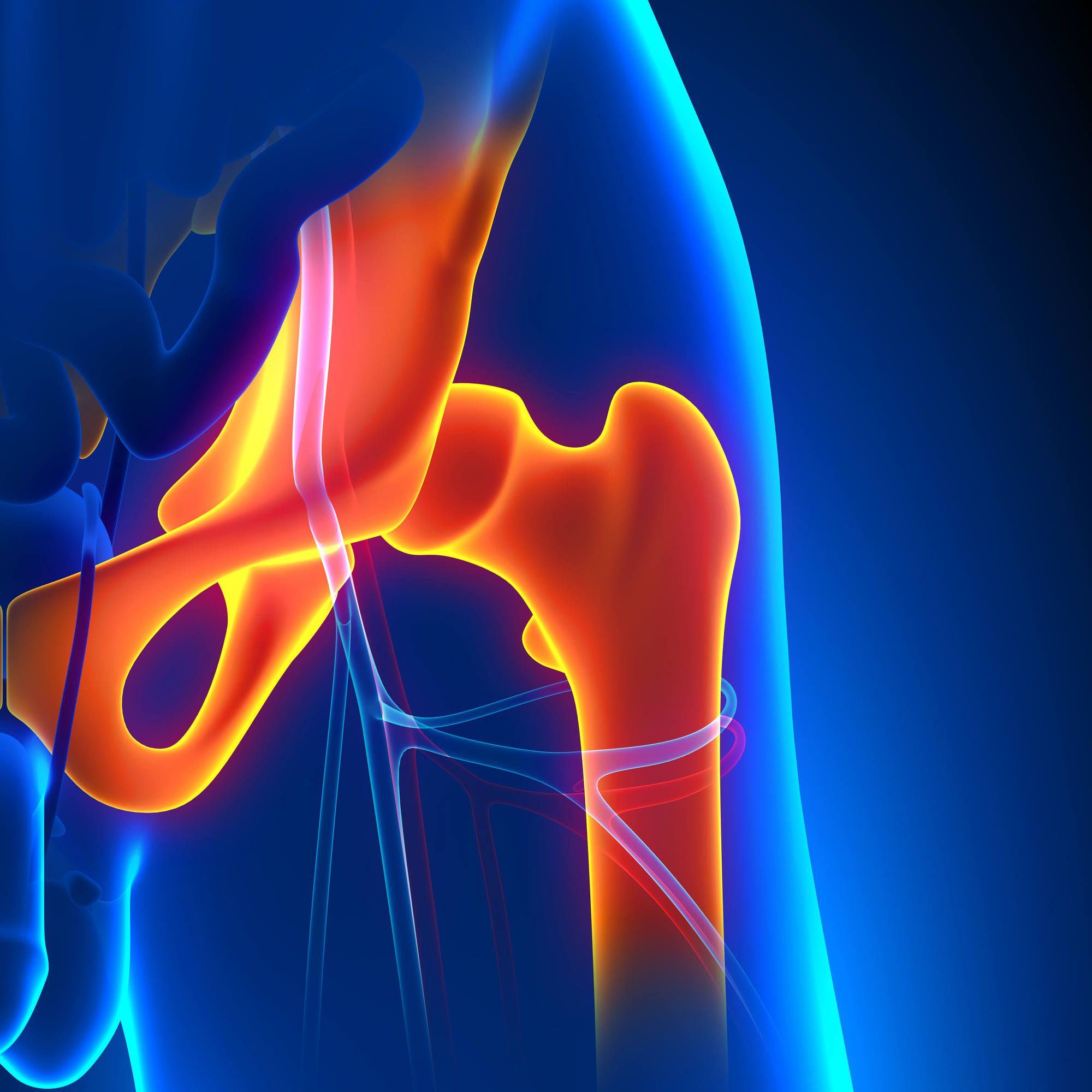 An Arizona woman who suffered severe groin pain and instability after receiving the DePuy ASR hip implant has filed a lawsuit against DePuy and Jonson & Johnson for marketing a defective device, which was part of a massive DePuy ASR recall in August 2010. She joins hundreds of other DePuy ASR recipients suing the manufacturers for severe metal-on-metal hip implant side effects such as swelling, pain, metallosis and high rates of revision surgery.
An Arizona woman who suffered severe groin pain and instability after receiving the DePuy ASR hip implant has filed a lawsuit against DePuy and Jonson & Johnson for marketing a defective device, which was part of a massive DePuy ASR recall in August 2010. She joins hundreds of other DePuy ASR recipients suing the manufacturers for severe metal-on-metal hip implant side effects such as swelling, pain, metallosis and high rates of revision surgery.
The Plaintiff, a woman from Safford, Arizona, was implanted with a DePuy ASR hip replacement system in her right hip in May 2008. Soon after, she began experiencing significant groin pain and instability, which her lawsuit alleges was directly caused by the device’s defective metal-on-metal design. The Plaintiff was not aware the DePuy ASR was defective until August 2010, when Johnson & Johnson recalled thousands of the devices after data from the National Join Registry of England and Wales showed that 1 out of every 8 patients (13%) who had received the DePuy ASR metal-on-metal hip implant had to undergo revision surgery within five years of receiving it. Prior to the 2010 DePuy ASR recall, roughly 93,000 defective ASR hip implants were sold by DePuy and implanted in patients. As these devices inevitably begin to fail, these patients are coming forward to sue DePuy and Johnson & Johnson for marketing a defective product.
Metal Hip Implants Linked to High Failure Rates & Side Effects
Other metal-on-metal hip replacement studies have been published since 2010 indicating even higher failure rates. More recent data from the British Orthopaedic Association and the British Hip Society indicated that the rate of revision surgery necessary to replace defective metal-on-metal hip implants may be as high as 49 percent within six years of implantation for large diameter models.
In July 2012, a study published in Orthopedics journal found that 92 percent of revision surgeries were performed in the first three years. This is an incredibly high failure rate, considering the fact that artificial hips are expected to last up to 15 years.
In addition to prematurely failing, these studies show that metal-on-metal hip implants put patients at risk for metal poisoning and other side effects caused by the metal parts corroding and shedding metal particles into the blood stream. Metal-on-metal hip implant side effects cited in thousands of lawsuits include:
* metallosis (the build-up of metallic debris in the soft tissues of the body)
* metal poisoning * tissue damage
* pseudotumors
* swelling and pain in the hip or surrounding areas
* difficulty walking
* grinding or popping noises in the hip implant area
* dislocation or improper positioning of the hip implant
* loosening of the hip implant* bone fractures at the hip
* revision surgery
How to File a DePuy ASR Lawsuit or Other Metal Hip Implant Lawsuit
If you or a loved one suffered any of these metal-on-metal hip implant side effects, you may be eligible to file a personal injury lawsuit or class action lawsuit against DePuy Orthopaedics, Johnson & Johnson, or another metal hip manufacturer such as Biomet, Wright Medical or Zimmer to compensate you for your pain and suffering, emotional distress, economic loss, and more. To learn more about the legal options available to you, contact the metal-on-metal hip implant lawyers involved in the Metal-on-Metal Hip Implant Class Action Lawsuit Investigation currently underway. These hip implant attorneys never charge for the initial consultation, and don’t get paid unless you win or settle a hip implant lawsuit or hip implant class action lawsuit. Experts on hip implant and replacement compensation are waiting to speak to you now.
ATTORNEY ADVERTISING
Top Class Actions is a Proud Member of the American Bar Association
LEGAL INFORMATION IS NOT LEGAL ADVICE
Top Class Actions Legal Statement
©2008 – 2025 Top Class Actions® LLC
Various Trademarks held by their respective owners
This website is not intended for viewing or usage by European Union citizens.














